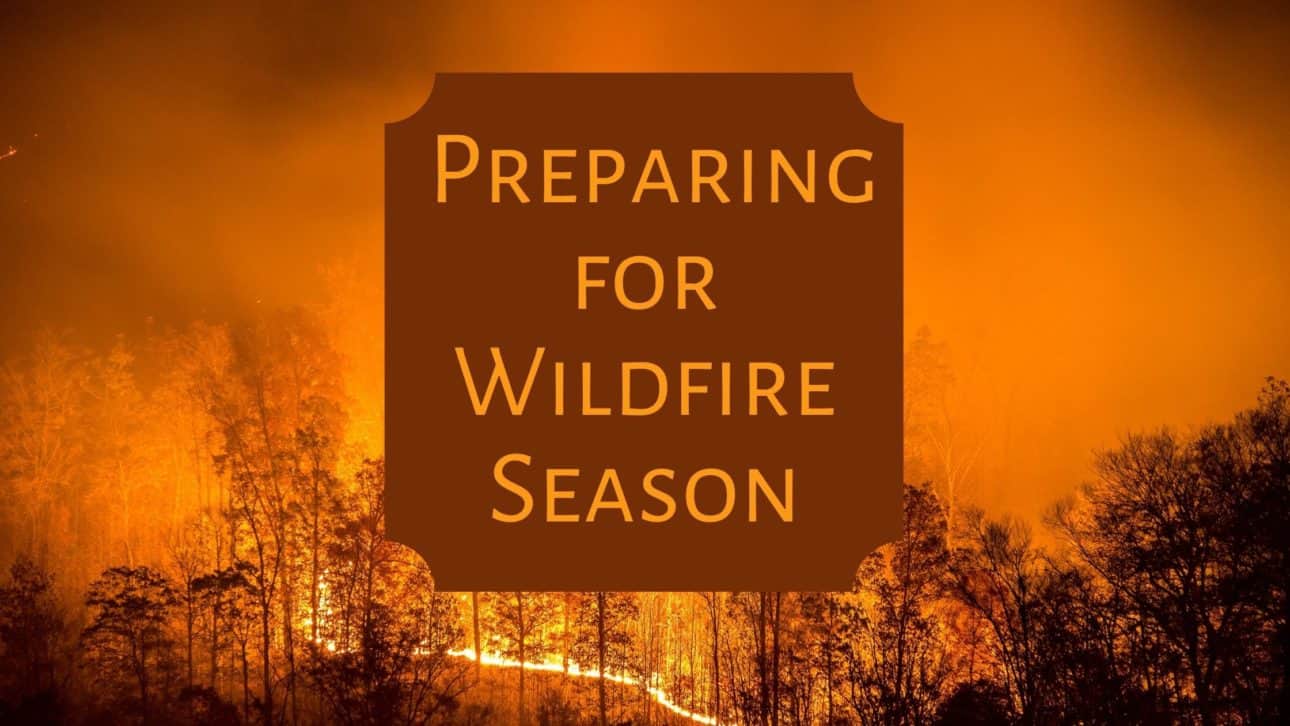- What to Expect During Outdoor Sun Shade Installation - April 25, 2024
- How Long Do Outdoor Sun Shades Last? - April 15, 2024
- Best Spots to Visit in Arizona - April 5, 2024
With record-breaking drought conditions across Arizona, this summer may be creating dangerous conditions for wildfires. Uncontained wildfires burn millions of acres of land and property across the arid Western United States, and widespread drought means that more populated areas than ever before are becoming vulnerable to wildfire.
Always In Season
More and more, the wildfire season is extending into 12 months of the year. Exacerbated by drought, unirrigated natural areas dry out and can be set ablaze by as little as a cigarette. Some wildfires occur when lightning strikes the earth. Especially likely in the arid Southwest, lightning isn’t always accompanied by rain that can subdue a blaze. These days, however, more than two-thirds of all wildfires are started accidentally by humans. Make sure you aren’t part of the problem by always following your area’s fire guidelines.
Minimizing the risk for your home and family is a matter of preparedness. Wildfires are striking ever closer to residential homes and businesses, especially in communities on the edge of natural areas. Before it is too late, make sure you are ready if a wildfire is close to your area.
Eliminate Fuel
Fires need fuel to burn and that can be anything from shrubs growing near your home or old leaves in your gutters. Protect your home by keeping a 10 ft. clearance around the building’s footprint. Woody trees or shrubs, especially anything with unpruned dead or dried branches can act as easy kindling for a house fire.
Keep anything highly flammable like dried yard waste, piles of firewood, mulch or wood chips in areas away from the structure of your house – at least 30 feet is recommended. Make sure gutters are kept clear and dead leaves and grass are disposed of. If you struggle to keep a lawn alive, consider removing it in favor of less-fire-conducive drought-tolerant plantings.
It is also important to prevent fires from starting under decks and other structures. Use metal mesh to fence off areas under porches and decks where wildfire can rapidly sweep in. Make sure these under-areas are clear of debris. Similarly, any opening in your home including outdoor vents can be an entrance point for members. Always make sure vents and other such openings are screened off with a tight metal mesh.
Be Emergency Ready
If you live in an area with wildfire risk, be prepared with a battery-operated or hand-cranked emergency radio that can provide you with evacuation information even if your phone, internet or other electricity-dependent media devices become unavailable.
Do not wait to act if a fire is burning in your area. Make water readily available around your house’s outside area by filling up pools, hot tubs, water barrels and attach hoses to spigots. These water sources can assist firefighting teams working to protect your home. Store outdoor furniture, accessories and container plants indoors.
When a wildfire is in your area, get ready to evacuate. Prepare your family and pets to be evacuated. An emergency kit should include as a minimum: food, water, basic first aid, flashlights, blankets, medication, important identification and documents, pet food and pet carriers. If you rely on another person as your evacuation transportation, be in communication with them about coordinating how you are going to leave the area. Your evacuation route plan should include at least two ways out of your area. Having an accurate paper map of the area in your car is a good idea in case cellular communication is interrupted.
If your area has been told to evacuate, do not linger. Wildfire can move incredibly fast and it can spread unpredictably. Evacuating early is the best way to help keep roads clear for emergency vehicles. Wildfires can be deadly. Do not try to defy an evacuation order – your family’s lives are far more valuable than your home.
Be A Good Neighbor
Controlling wildfires is everyone’s goal. Areas at high fire risk can help reduce wildfire spread by acting as a community. Talk to your neighbors about wildfires and how to better protect your home. Reduce flammable waste as a neighborhood policy, and work with each other to assist in evacuations. Make sure your close neighbors have a fire evacuation plan and supplies ready to go.

